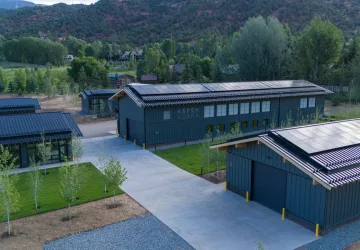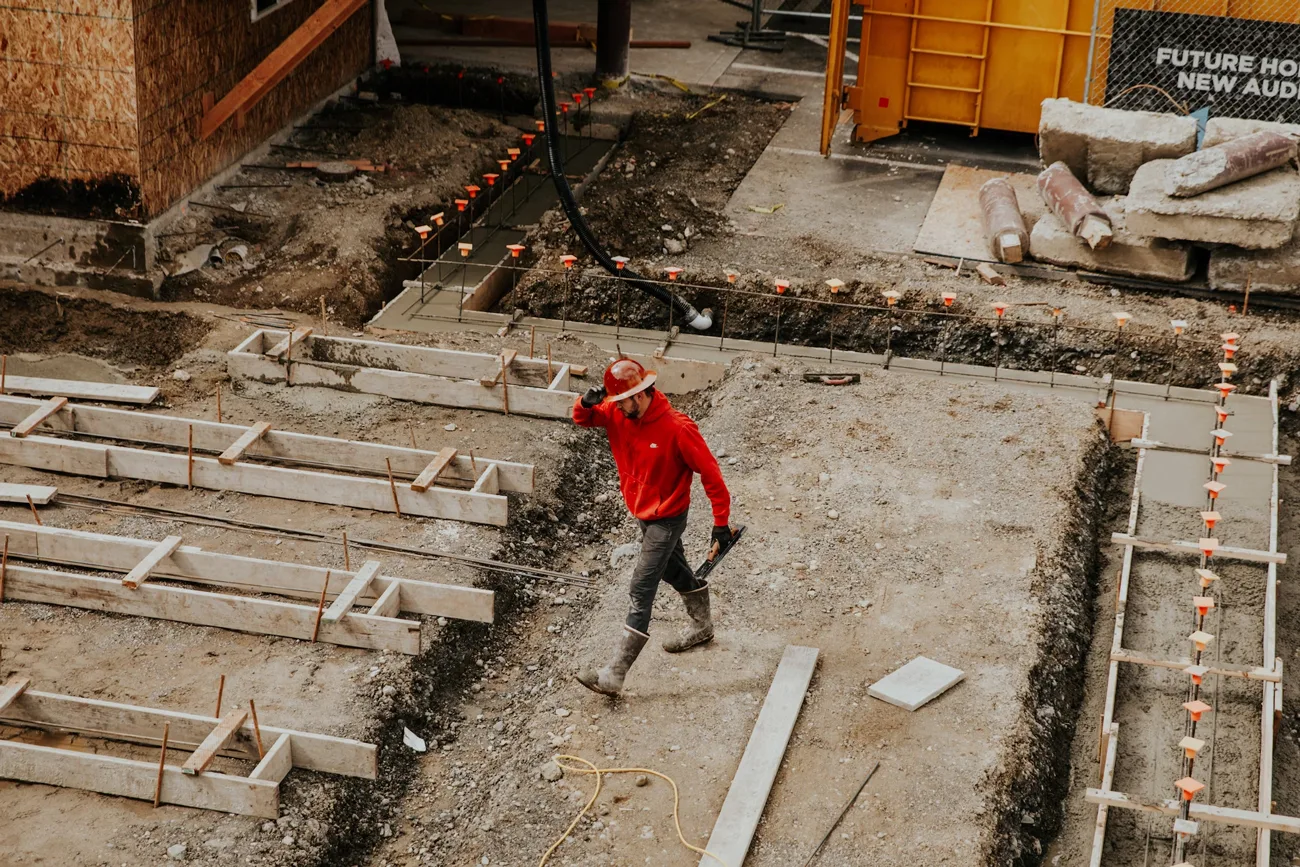Contracting businesses cover a huge range of niches, but are typically associated with the construction industry. The fact is, the construction industry is one of those that will always have a massive demand. People need buildings built, maintained, fixed, renovated, or even knocked down. These are all potential jobs for the contractors out there.
So, let’s say that you want to set up as a private contractor and run your own business. Like any other company, it’s not an easy thing to do, but there are some ways to increase your chances of success.
Plan Your Business
It doesn’t matter what kind of business you run or what industry you are in, you need a plan before you can even dream of trading. So, what does this plan entail?
First, work out what niche your business will cover. What skills do you have? Are you a qualified plumber, electrician, or bricklayer? Those are all very different skills and your niche will largely depend on what you can do, as well as the demand in your area.
Once you know your niche, you can work out what you’ll be offering your customers. Even within your skills, you might want to focus even more on certain types of jobs. This is also an option if you take on employees and subcontractors so you can work on larger projects that require a variety of skills. For example, if you want to specialize in kitchen renovations and remodeling, you might need a plumber, electrician, and joiner on your team to start with.
So, you know what you’re going to offer? What are you going to call your business? What tools and equipment will you need? What kind of financial investment will you require? How will you find customers and build your business? What kind of certifications and licenses will you need?
All of these are questions that you need to ask in the planning phase. This is a pain, yes. But once it’s sorted out, you can move on from the paperwork side of things to the actual business of earning a profit.
Finding Customers and Managing Projects
Dealing with customers might be your favorite part of the job or something you have to put up with. Either way, it’s vital that you provide an excellent service every time. One of the best ways to grow in this industry is to build a reputation, and this means building relationships.
Try to be as transparent as possible with your customers and make sure each project is well-planned and organized. If you have technicians working for you, use field service management software. How is this helpful, you ask?
Well, the right software can help you track technicians and projects alike. This way, you can make sure that each project is assigned to the most appropriate technician for the job and that they’re all scheduled. It’s easier to keep an eye on how many projects you have on at a time, and if you have the good fortune to be too busy for new jobs, when and where you can fit new customers into your schedule.
All of this doesn’t just allow your business to run more smoothly, with is hugely beneficial in and of itself, but it also ensures that you deliver reliable, excellent service to your customers and clients.
If you do this, you can develop those all-important relationships and, ideally, win a loyal customer who will come to you for their building needs.
Hiring and Taking Care of Employees
As mentioned above, you might decide to take on employees or subcontractors for your projects or when you grow your business. Some contractors prefer to work alone and, for smaller businesses and projects, this can work perfectly well. But more people gives you more flexibility and more scope to grow your business.
Hiring an employee and hiring a subcontractor are two very different things. You don’t employ your subcontractors, which means you aren’t responisble for thier taxes, sick pay, holiday leaves, or any other added expenses an employee might incur. But, while a subcontractor is a seperate entity, when they work on a job, they’re still representing your company. If they make mistakes, you have to deal with them.
Subcontractors are a great option when you want more people for a specific project. They have a higher upfront cost, but you don’t have the same commitment. But what about employees?
You are more responsible for employees, and you need to be discerning when hiring and training employees. Look for people who are qualified or able to be trained to cover the roles you need them to.
Training your employees is an important part of creating a safe working environment. Construction is a dangerous business, and all the more so when health and safety regulations are ignored. If an employee is injured or someone else is hurt due to an insecure working environment, you are potentially liable.
So, look after your employees and they will look after you.
Acquiring Tools and Equipment
There are very few jobs that you can do without any tools and equipment, if any. When planning a project, you also need to determine what you need and whether you’re trained to use it.
One of the most important things to ask is whether to hire or buy equipment.
The right answer depends largely on your circumstances. First, how expensive is it to buy? Most specialized equipment is incredibly pricey, although you can sometimes find some decent deals online. It’s also often cheaper in the long run to buy equipment that you use often.
That last point is another important question. How often do you use these tools or this piece of equipment? If it’s just for the odd job, hiring as and when you need it is often the most cost-effective way to work. But if you use something all the time, buying it outright may work out as cheaper and more reliable.
Either way, make sure the equipment is well-maintained and safe to use.







